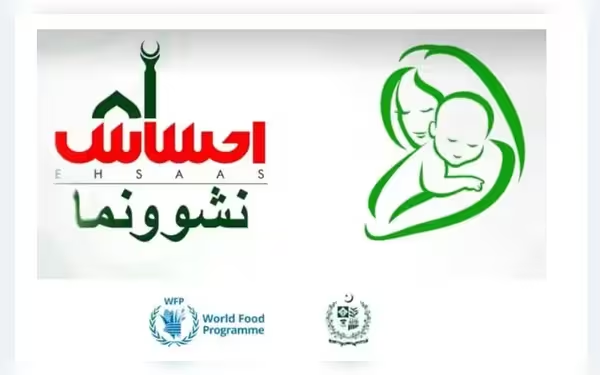Thursday, July 4, 2024 06:03 PM
Pakistan's Nashonuma Program: Balancing Welfare and Population Control
- BISP and Nashonuma Program address poverty and maternal/child health
- Cash incentives for pregnant women raise concerns about population growth
- Holistic approach needed to empower individuals for sustainable population management
 Image Credits: Imdad program
Image Credits: Imdad programPakistan faces a critical juncture in balancing welfare programs like BISP and Nashonuma with concerns about population growth. A holistic approach integrating education, healthcare, and empowerment is crucial for sustainable population management.
Pakistan finds itself at a crossroads as it grapples with the intertwined challenges of rapid population growth and sustainable development goals. Central to this complex narrative is the Benazir Income Support Programme (BISP), a vital social welfare initiative launched in 2008 to alleviate poverty. In 2020, the program expanded with the introduction of the Nashonuma Program, shifting its focus towards maternal and child health.
The Nashonuma Program offers cash incentives to pregnant and lactating women and their children under two, aiming to combat issues like stunting. While this initiative addresses immediate health needs, concerns arise about its unintended consequences on population control. The cash incentives, while well-intentioned, may inadvertently encourage larger family sizes, exacerbating the population challenge.
To address these complexities, policymakers must adopt a holistic approach that integrates evidence-based interventions across sectors. Prioritizing investments in education, healthcare, and socio-economic empowerment can empower individuals to make informed choices about family planning. By improving access to quality healthcare services and promoting women's education and economic opportunities, Pakistan can move towards sustainable population management.
In conclusion, navigating Pakistan's population control dilemma requires a strategic and comprehensive approach that considers the broader determinants of population dynamics. By aligning interventions with the goal of sustainable development and empowering communities to make informed decisions, Pakistan can pave the way for a brighter future.













